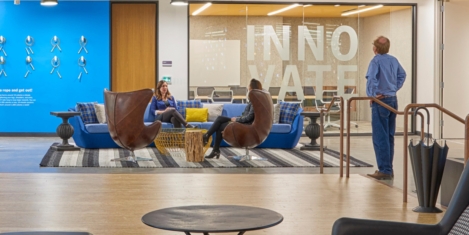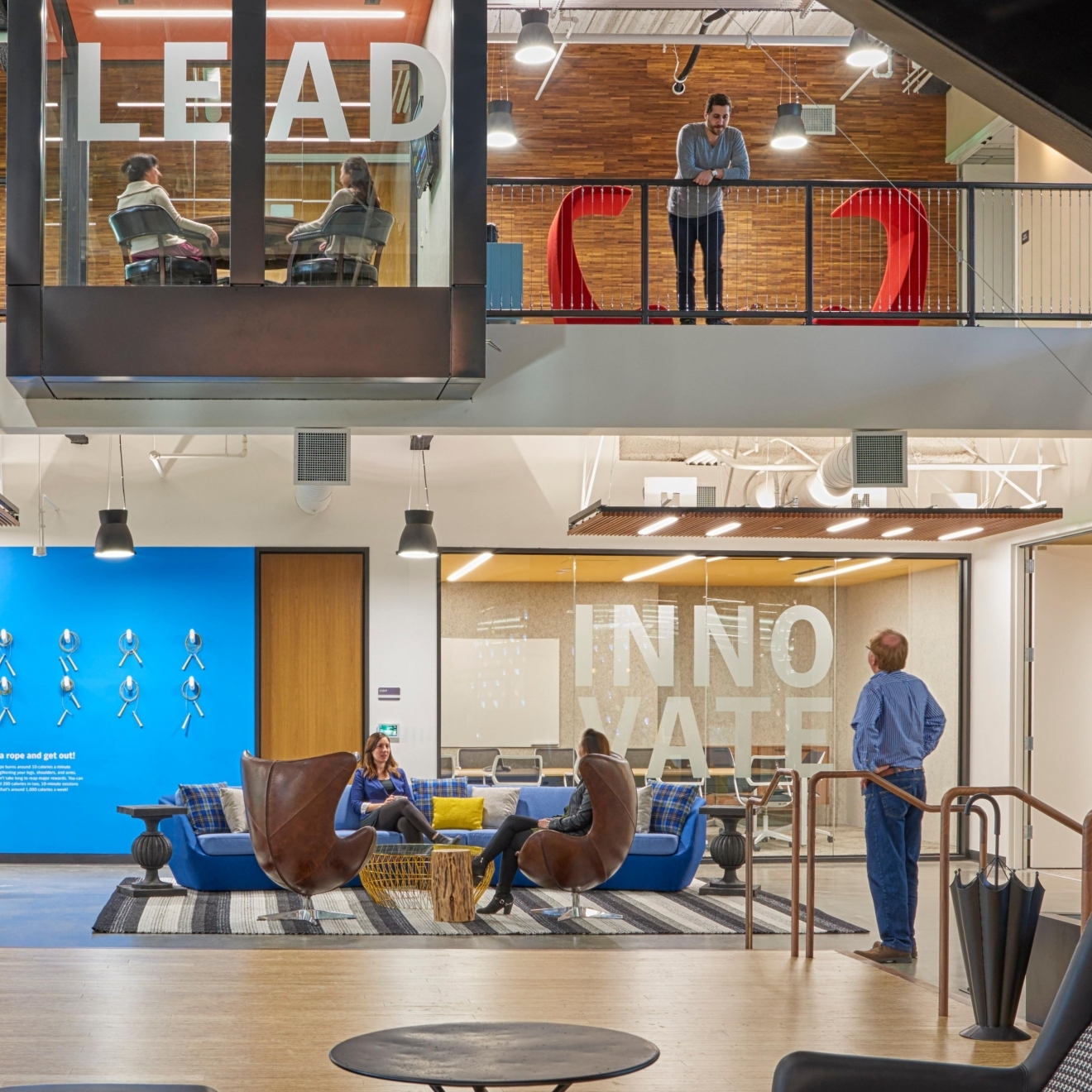November 5, 2019
HR leaders feel unprepared for the future of work
 Only 9 percent of chief human resources officers (CHROs) agree that their organisation is prepared for the future of work, according to a new report from Gartner. The study ties in to Gartner Gartner ReimagineHR conference, which took place last week. It concludes that to address the needs of organisations and workers in the future, HR leaders must focus on five areas of work. It suggests that tackling the future of work should not mean looking at the various changing aspects of work, such as AI, the gig economy and the multigenerational workforce, in silos. Istead, HR leaders should focus on the big picture of what the future of work can and should look like in their organisation. (more…)
Only 9 percent of chief human resources officers (CHROs) agree that their organisation is prepared for the future of work, according to a new report from Gartner. The study ties in to Gartner Gartner ReimagineHR conference, which took place last week. It concludes that to address the needs of organisations and workers in the future, HR leaders must focus on five areas of work. It suggests that tackling the future of work should not mean looking at the various changing aspects of work, such as AI, the gig economy and the multigenerational workforce, in silos. Istead, HR leaders should focus on the big picture of what the future of work can and should look like in their organisation. (more…)





































